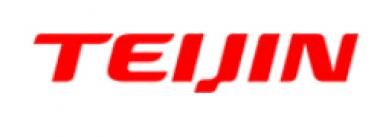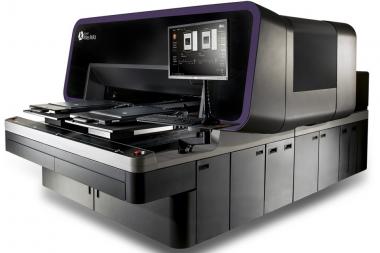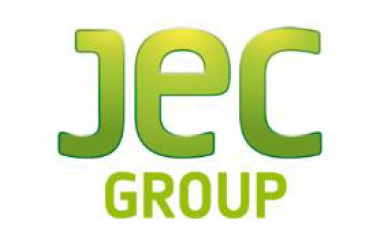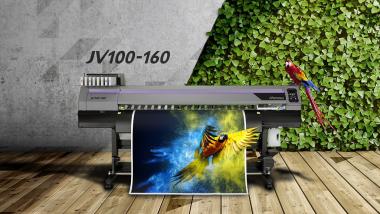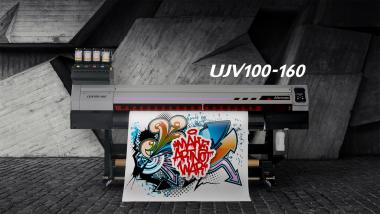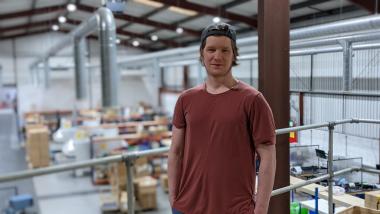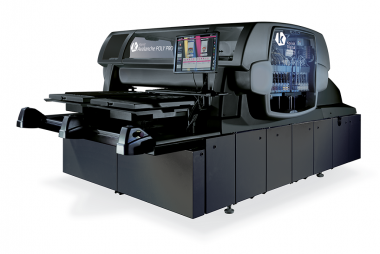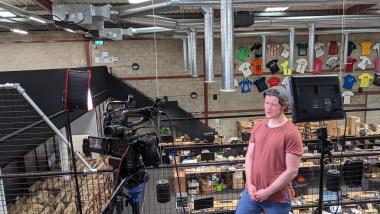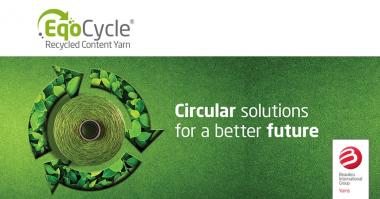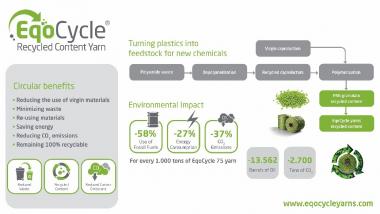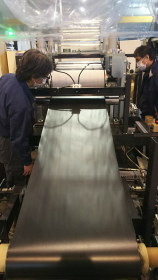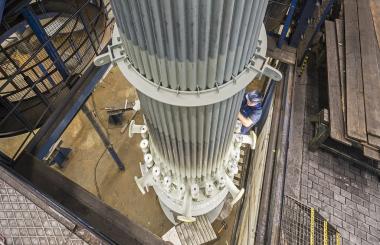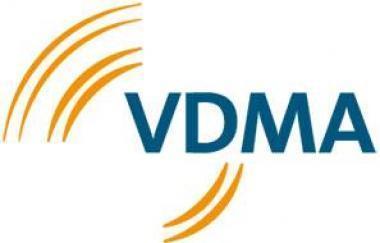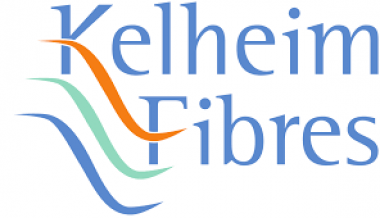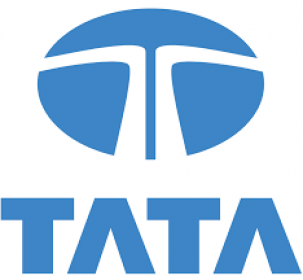ISKO unveils its 2022 Collection Vol. 2 with new technologies
ISKO presents 2022 Collection Vol. 2, a forward-thinking collection with responsibility, creativity, authenticity and comfort engrained into every fiber of every fabric to provide solutions for all denim lovers’ dreams and needs across the world.
2022 Collection Vol. 2 has been created using the company’s principles of Responsible Innovation™ and is made entirely with ISKO’s revolutionary R-TWO™ technology. Certified to Textile Exchange credentials, the R-TWO™ fabrics in 2022 Collection Vol. 2 ensure complete traceability of raw materials from field to final product. Using a blend of reused and recycled materials, they help decrease the usage of raw materials and improve sourcing efficiency, while preserving all the properties and benefits of each product. R-TWO offers a simple way for companies to switch from virgin to reused and recycled materials for all products in ISKO’s collection.
The 2022 Collection Vol. 2 further explores the four lifestyles introduced in ISKO’s Vol. 1 collection -Denim Lovers, Simplify, ISKO™ Comfy and Euphoria – building on a collection to provide further inspiration for designers and brands to suit different vibes and moods.
ISKO / Menabò Group






